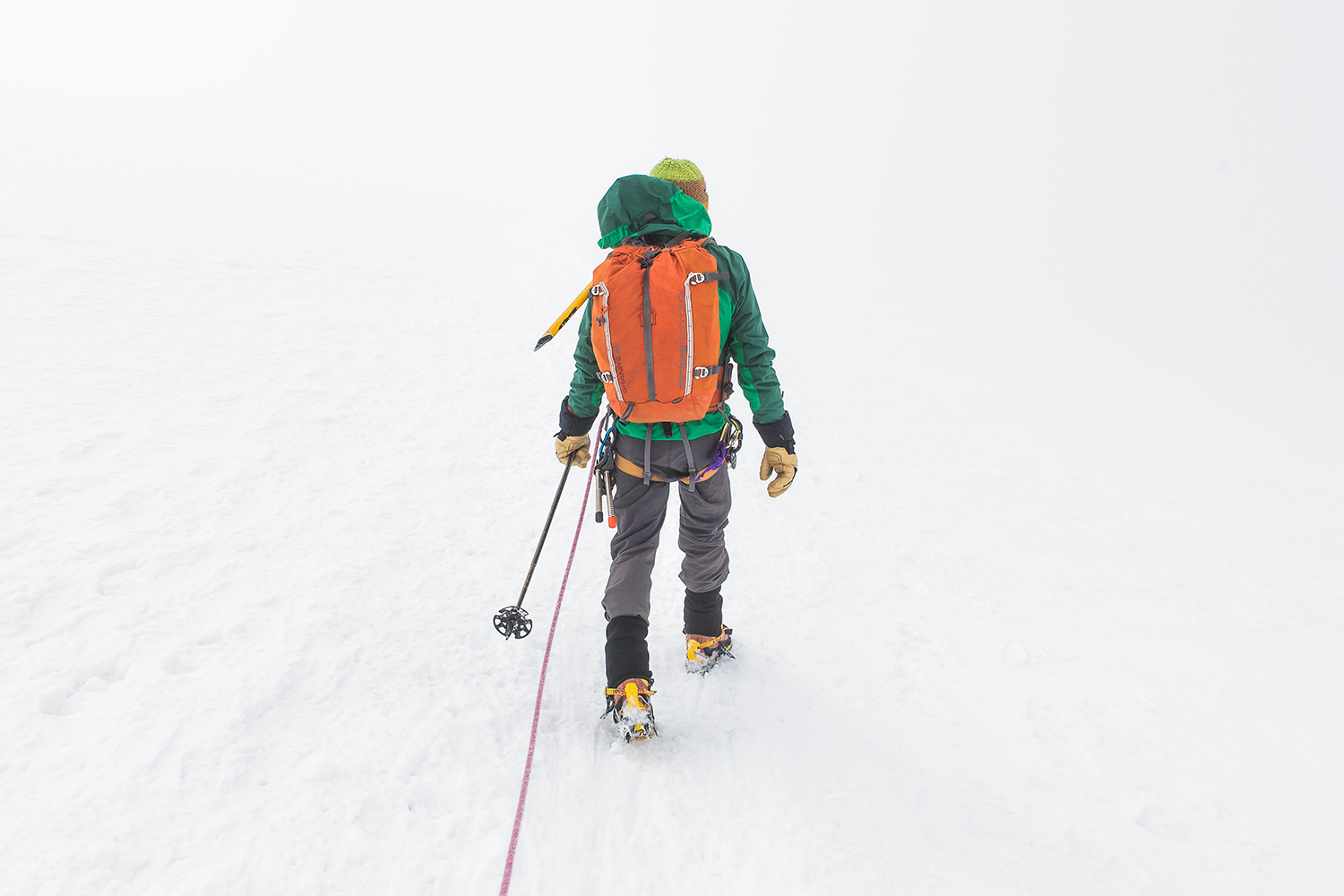Climbing mountains is a perilous task. It’s also one that abounds with contradictions, some of which are literal matters of life and death. In a 2019 article for The New York Times Magazine, writer Heidi Julavits discussed her experience in avalanche school. There were many paradoxes, including one massive one:
By entering the storefront two hours earlier, by taking an avalanche-safety course, we had statistically increased our chances of being killed in an avalanche. We were more likely to die now than we were at 8 a.m.
If that applies to people in the (relatively) controlled environment of a safety course, what does that mean for people who climb mountains on a regular basis? At The New Yorker, Nick Paumgarten explores the ways mental health and climbing can converge. At the center of his article is Tim Tate, a psychotherapist who works in Bozeman, Montana. Tate worked with Conrad Anker, who is known for his impressive climbs (and for surviving a heart attack in the midst of one of them). Anker had also been dealing with the deaths of several climbers with whom he was close, including Alex Lowe.
Tate had helped him and the Lowes work through some dark periods, often marked by the reverberations of what Anker had come to identify as his survivor’s guilt—the nagging feeling that he was living someone else’s life.
Anker, in turn, introduced Tate to North Face’s team of climbers; Tate began working with some of them. As Paumgarten writes, it’s part of a much larger dialogue about mental health and depression within the climbing world — an industry where, for instance, team sponsors might not offer climbers health insurance. It’s a complex issue, and one made more serious by the high stakes of climbing.
Subscribe here for our free daily newsletter.
Whether you’re looking to get into shape, or just get out of a funk, The Charge has got you covered. Sign up for our new wellness newsletter today.
